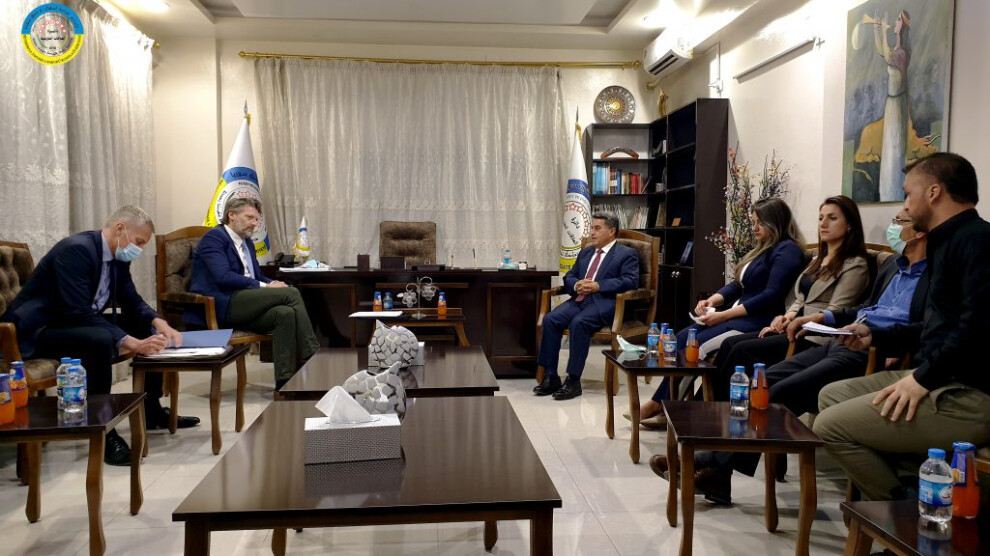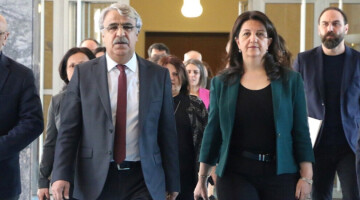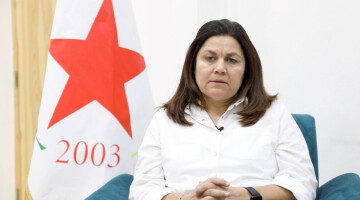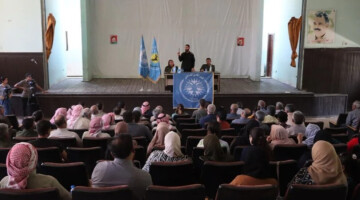A Danish delegation, chaired by Danish Foreign Ministry's Syria Case Officer, Christopher Vivek and including the advisor to Minister William Poe Pedersen visited the Northern and Eastern Syrian Autonomous Administration Foreign Relations Department.
The delegation was welcomed by Foreign Relations Department co-chairs Ebdulkerim Umer and Danya Remedan, Deputy co-chairs Fener Giêt and Ebûr Iliya, and Foreign Relations Department Executive Committee member Ebdulrehman Selman.
According to the statement issued by the Foreign Relations Department, during the meeting the political developments in the region and the success of the Autonomous Administration model were discussed.
Views were exchanged with the delegation on the international negotiations for the solution of the Syrian crisis and the security problems encountered in the Autonomous Administration regions. The importance of the participation of the Autonomous Administration to the negotiations was also underlined.
Foreign Relations Department co-chair Ebdulkerim Umer conveyed the following to the delegation: “The crimes committed by the Turkish state against the people of the region continue. Turkey started to use water as a weapon against the people. It threatens to cut off supplies of water to the people of the region by closing down water stations. Millions of people in Hesekê are having trouble finding drinking water. Millions of people's lives are in danger as the water level of the Euphrates is deliberately lowered. "
Saying that the Turkish state is trying to disrupt the peace and security in the region, Umer also warned that this will pave the way for ISIS to return.
Drawing attention to the humanitarian situation, Umer stated that millions of people living in the camps are in very difficult conditions. Adding that the closure of the Til Koçer Border Gate had a negative impact on the region, Umer added that very little of the aid that went to the Damascus government was sent to the region.














